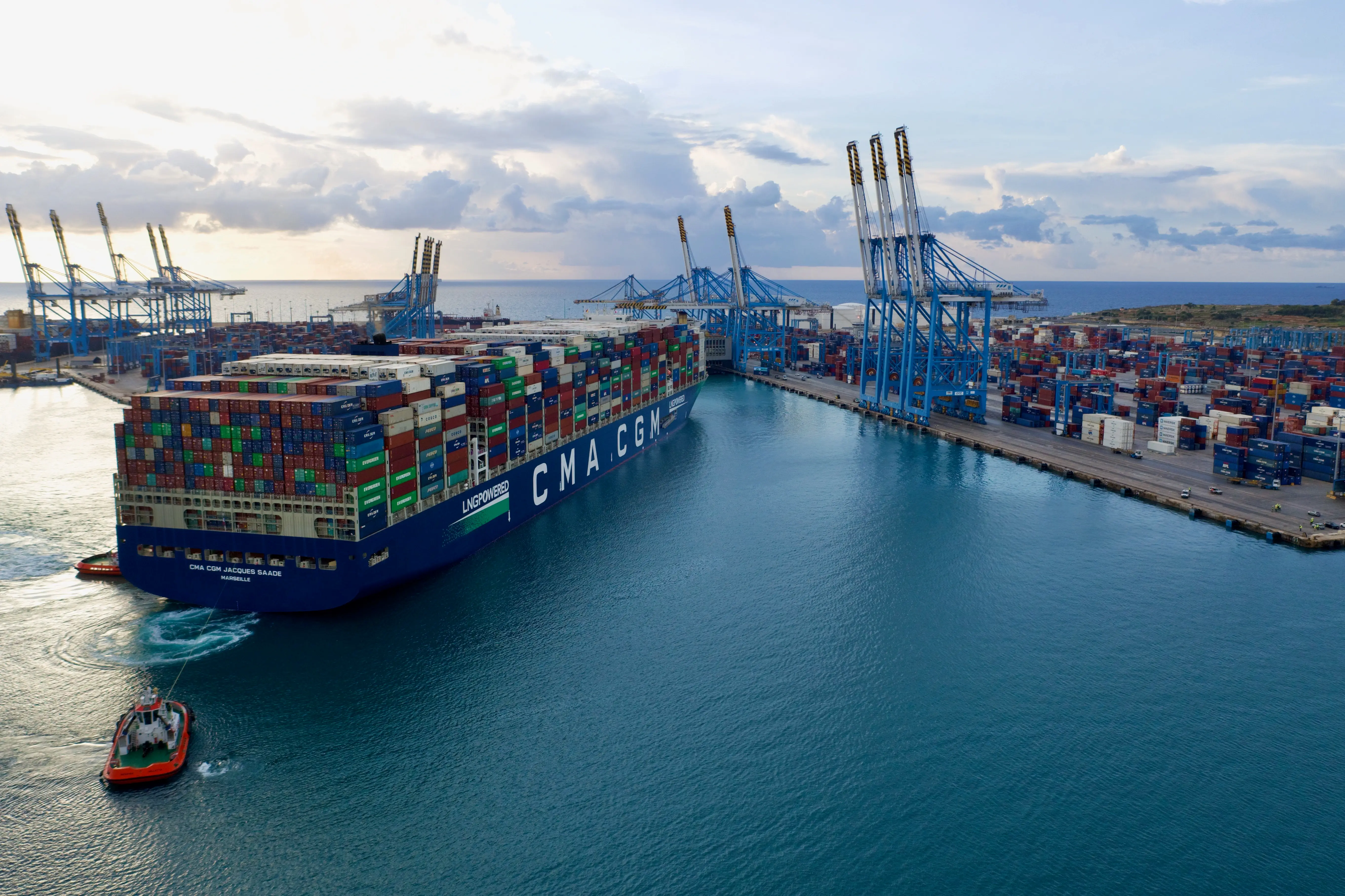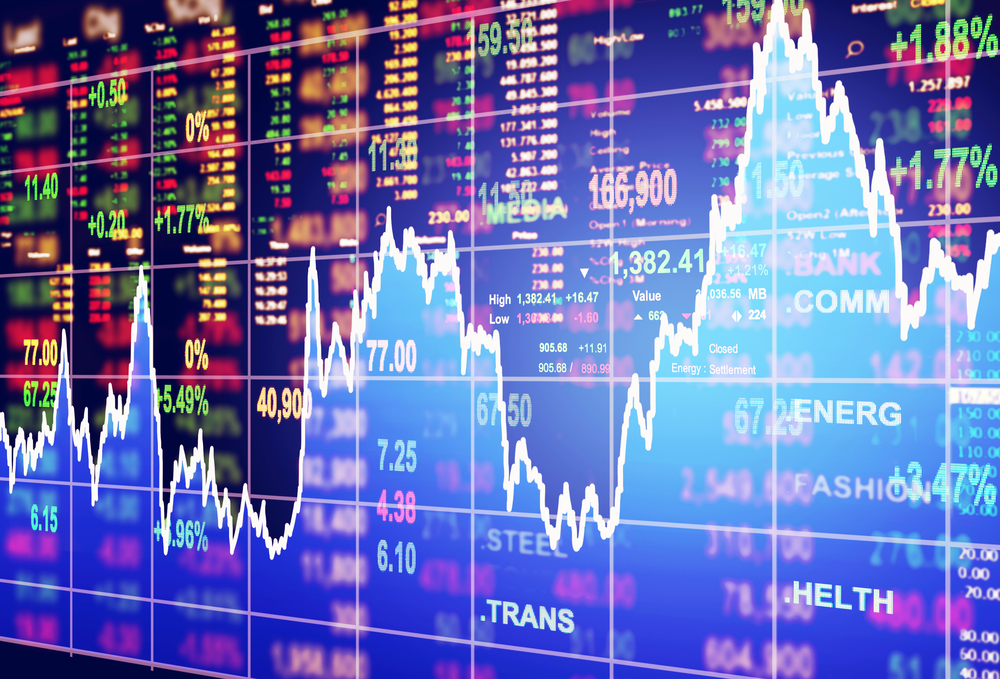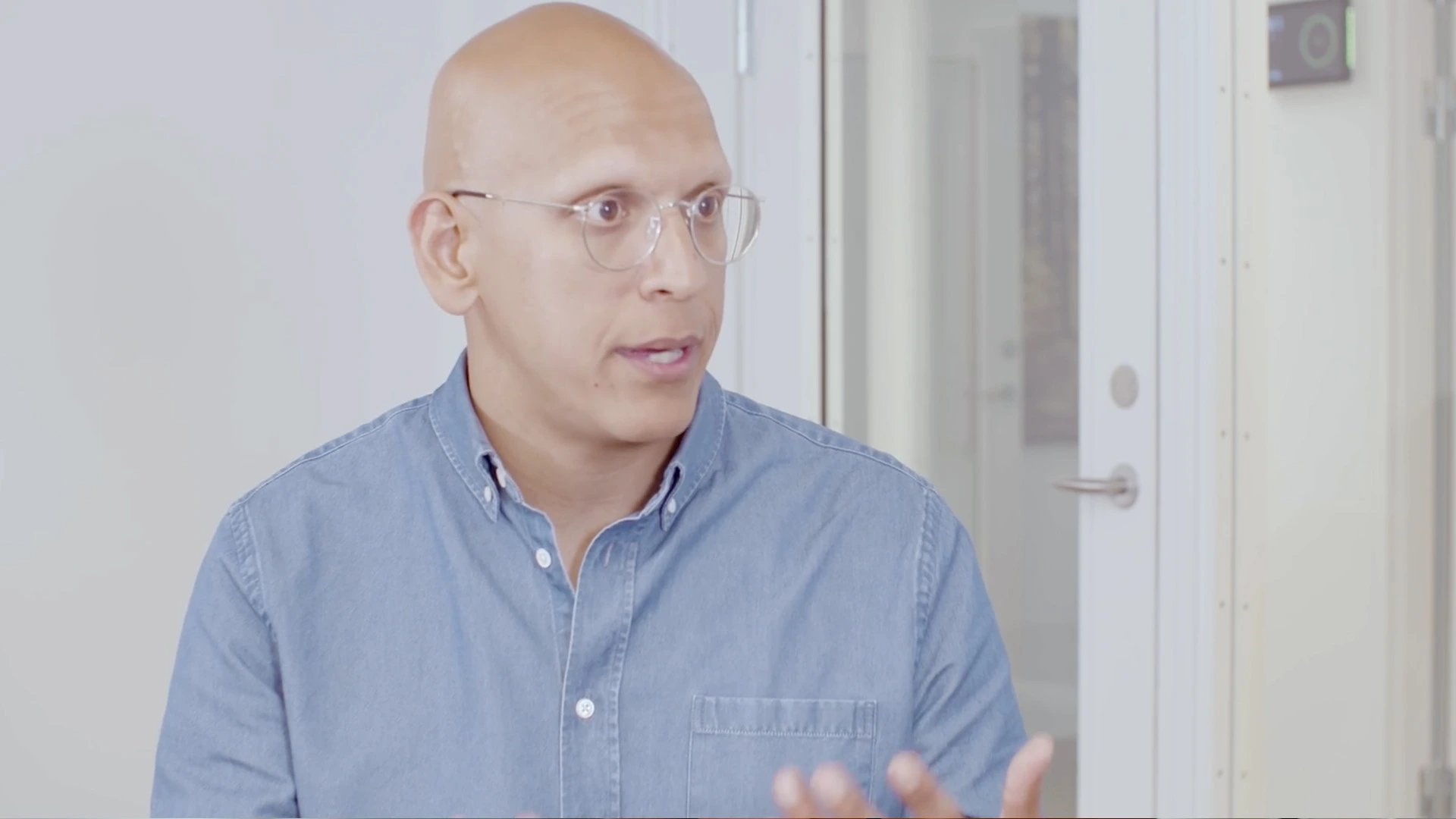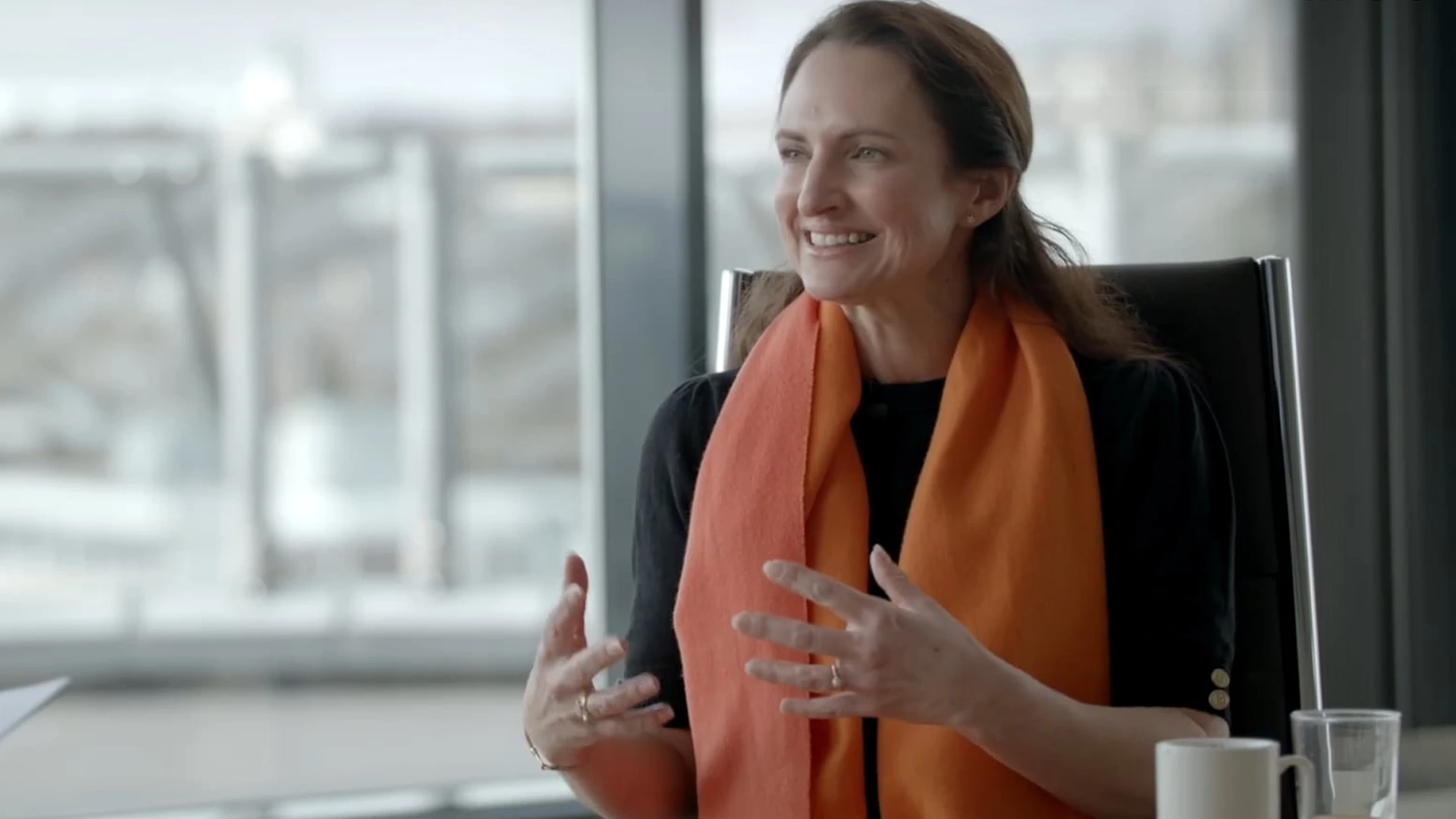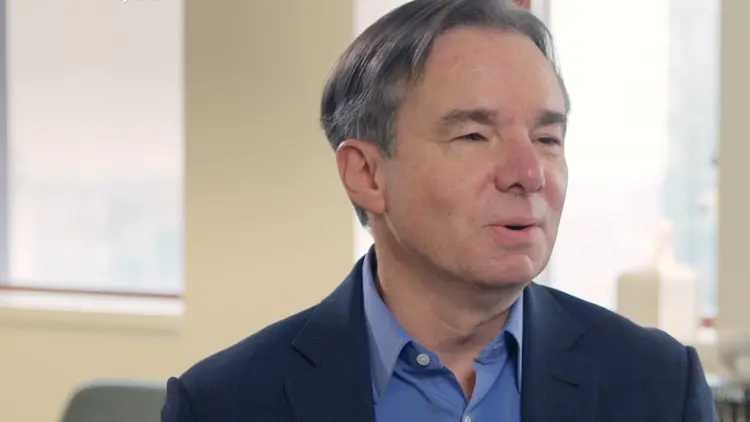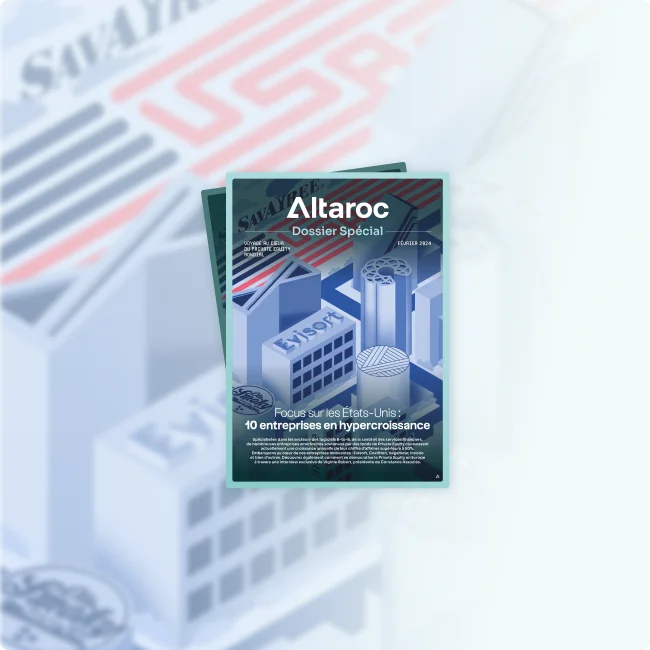Today, 600 million Africans still live without electricity. Faced with this challenge, Sun King wants to prove that affordable, sustainable energy for all is possible. The announcement to electrify a further 150 million Africans was made at the Global Citizen NOW summit in Johannesburg, alongside South African President Cyril Ramaphosa and European Commission President Ursula von der Leyen. Between 2026 and 2030, the Kenyan company plans to deploy over 50 million solar kits, representing $5.6 billion worth of hardware and 3.8 gigawatts of new clean solar capacity (the equivalent of three large coal-fired power plants) delivered directly to homes.
This initiative is part of the "Mission 300" program launched by the World Bank and the African Development Bank, which aims to electrify 300 million people by 2030. Sun King alone will cover two-thirds of this target, and make a significant contribution to achieving UN Sustainable Development Goal 7: to ensure access to affordable, clean energy for all. The recent opening of Sun King's first factory in Africa, capable of producing 700,000 units a year, will help make this vision a reality.
Beyond electricity, the social impact is considerable. Light enables children to study at night, health care to become more reliable, and small businesses to operate longer. Sun King also plans to create 45,000 sustainable jobs and open 1,200 new outlets across Africa, reaching a network of over 1,650 stores by 2030.
"Off-grid solar power is the fastest and most affordable solution to meet electricity demand, while creating jobs and supporting growth," explains Dr. Wale Aboyade, Vice President of Public Affairs at Sun King. Present in 11 African countries, Sun King already supplies 50 million people. Almost 70% of its customers previously had no access to electricity, and still relied on candles, kerosene lamps or wood fires. Thanks to its flexible "pay-as-you-go" payment model, developed in particular with MTN Zambia bank, families can be equipped for just a few cents a day, repaying their solar kit over 12 to 24 months. This system has already enabled the company to grant $1.4 billion in solar microcredits on the continent.
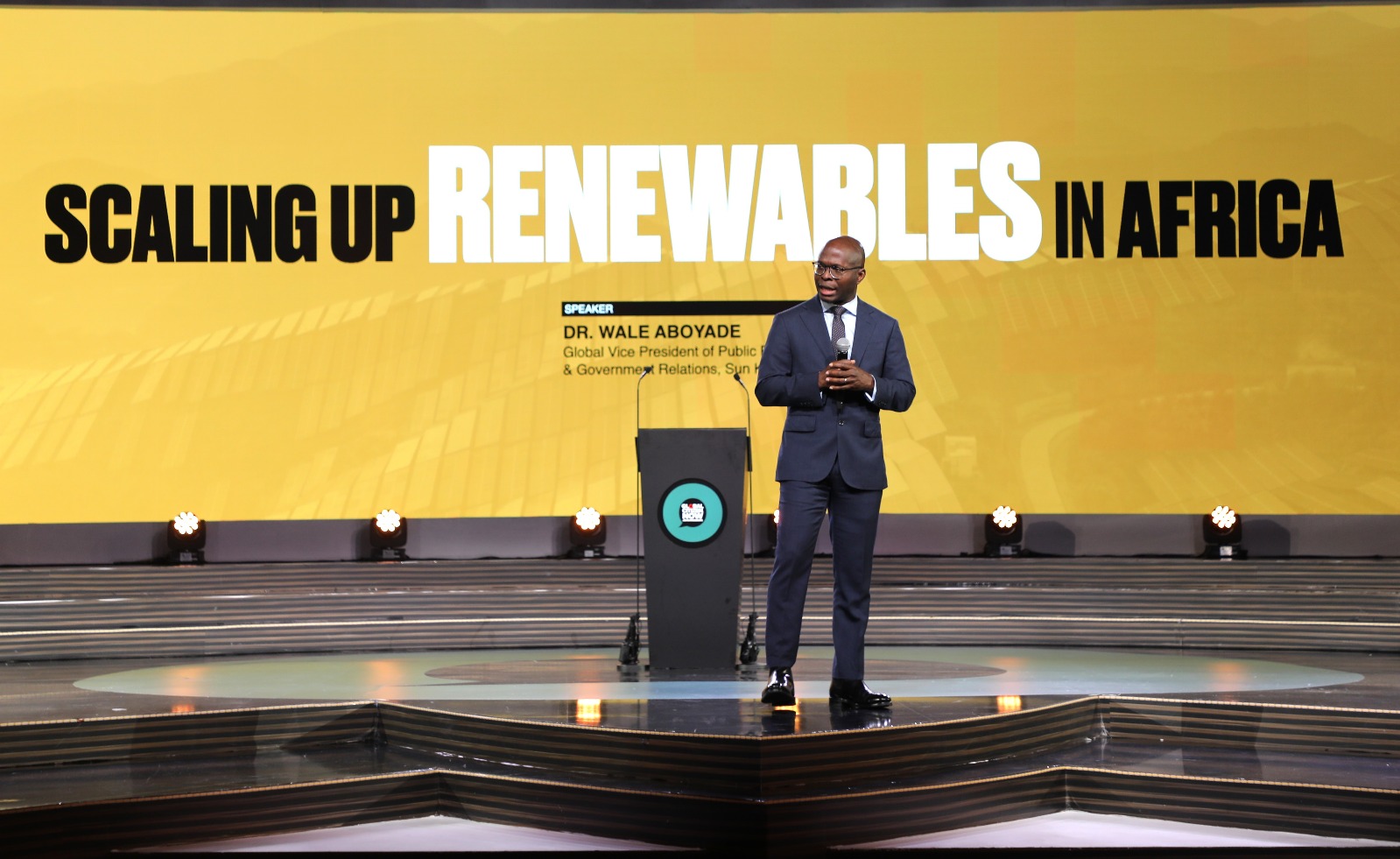
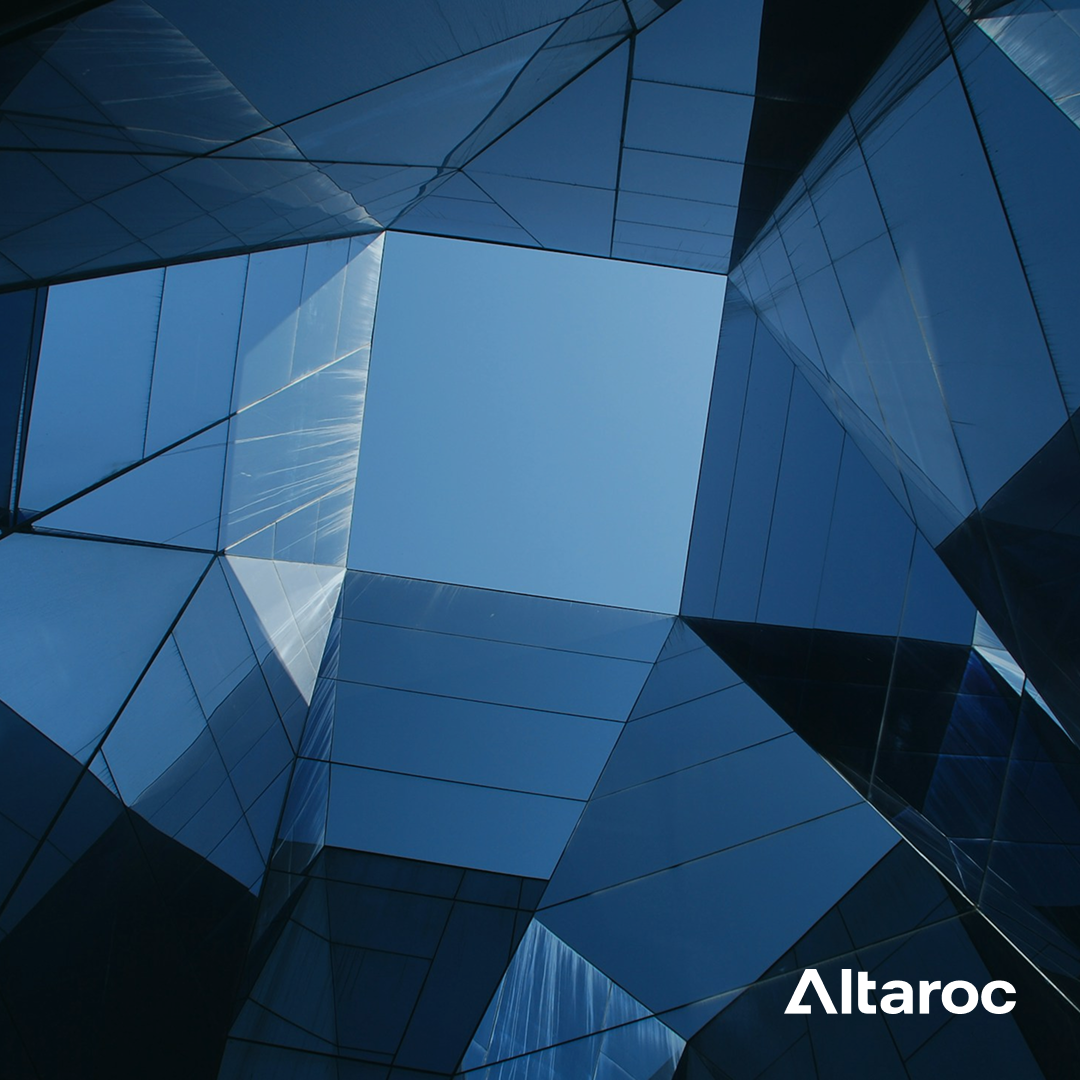



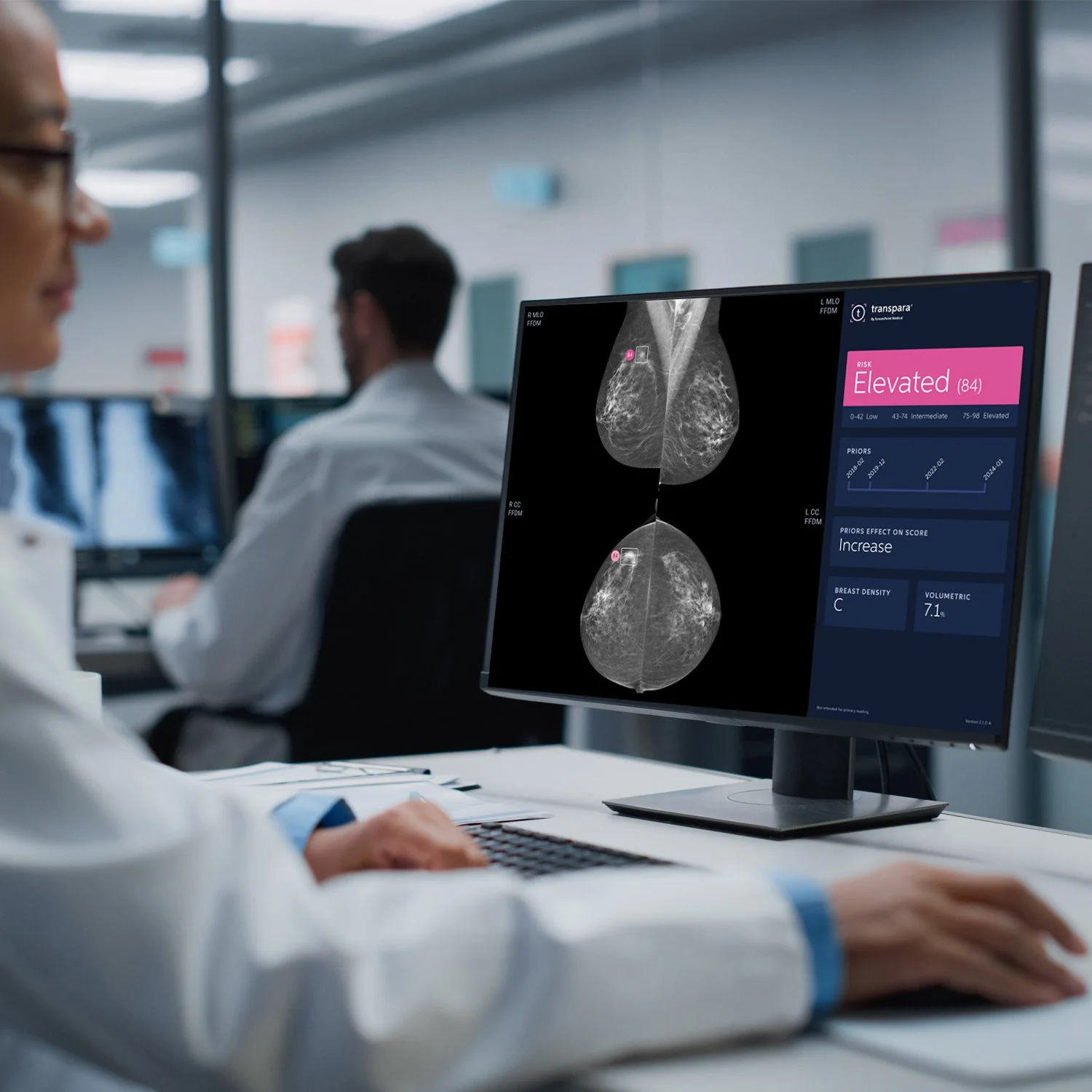
.webp)
